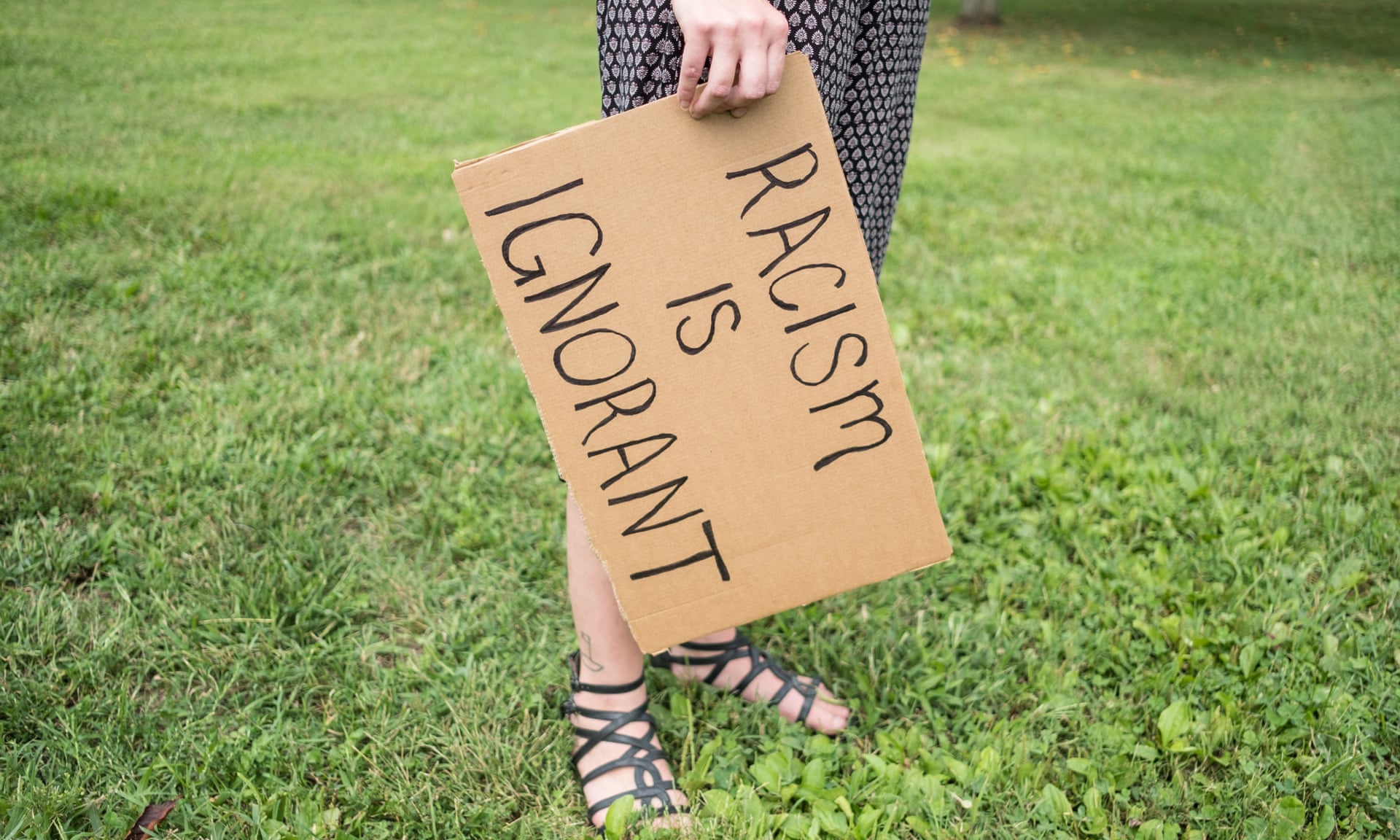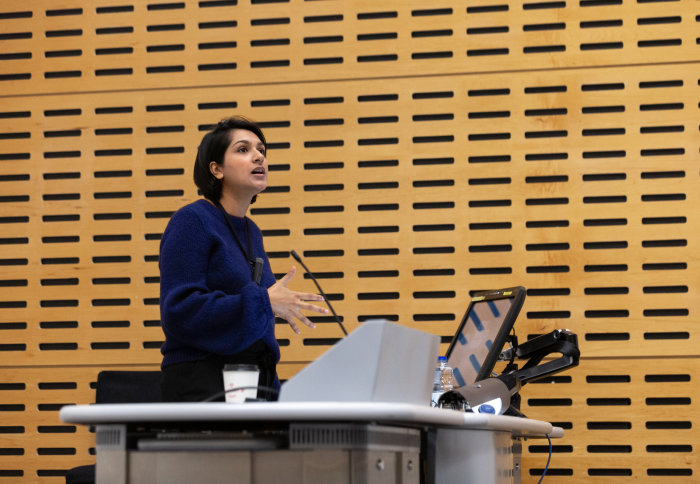Context-dependence of race self-classification: Results from a highly mixed and unequal middle-income country
PLOS ONE
2019-05-16
DOI: 10.1371/journal.pone.0216653
Dóra Chor
Department of Epidemiology and Quantitative Methods
National School of Public Health
Oswaldo Cruz Foundation, Rio de Janeiro, RJ, Brazil
Alexandre Pereira
Laboratory of Genetics and Molecular Cardiology, Heart Institute (InCor)
University of São Paulo, São Paulo, SP, Brazil
Antonio G. Pacheco
Scientific Computing Program
Oswaldo Cruz Foundation, Rio de Janeiro, RJ Brazil
Ricardo V. Santos
Department of Epidemiology and Quantitative Methods
National School of Public Health, Oswaldo Cruz Foundation, Rio de Janeiro, RJ, Brazil
Department of Anthropology, Museu Nacional, Rio de Janeiro, RJ Brazil
Maria J. M. Fonseca
Department of Epidemiology and Quantitative Methods
National School of Public Health, Oswaldo Cruz Foundation, Rio de Janeiro, RJ, Brazil
Maria I. Schmidt
Postgraduate Program in Epidemiology, School of Medicine
Federal University of Rio Grande do Sul, Porto Alegre, RS Brazil
Bruce B. Duncan
Postgraduate Program in Epidemiology, School of Medicine
Federal University of Rio Grande do Sul, Porto Alegre, RS Brazil
Sandhi M. Barreto, Faculty of Medicine & Clinical Hospital
Federal University of Minas Gerais, Belo Horizonte, MG Brazil
Estela M. L. Aquino
Institute of Collective Health
Federal University of Bahia, Salvador, BA Brazil
José G. Mill
Department of Physiological Sciences
Federal University of Espirito Santo, Vitória, ES Brazil
Maria delCB Molina
Department of Physiological Science
Federal University of Espirito Santo, Vitória, ES Brazil
Luana Giatti, Faculty of Medicine & Clinical Hospital
Federal University of Minas Gerais, Belo Horizonte, MG Brazil
Maria daCC Almeida
Gonçalo Muniz Institute, Oswaldo Cruz Foundation, Salvador, BA Brazil
Isabela Bensenor
Center for Clinical and Epidemiological Research, University Hospital
University of São Paulo, São Paulo, SP Brazil
Paulo A. Lotufo
Center for Clinical and Epidemiological Research
University Hospital, University of São Paulo, São Paulo, SP Brazil
Ethnic-racial classification criteria are widely recognized to vary according to historical, cultural and political contexts. In Brazil, the strong influence of individual socio-economic factors on race/colour self-classification is well known. With the expansion of genomic technologies, the use of genomic ancestry has been suggested as a substitute for classification procedures such as self-declaring race, as if they represented the same concept. We investigated the association between genomic ancestry, the racial composition of census tracts and individual socioeconomic factors and self-declared race/colour in a cohort of 15,105 Brazilians. Results show that the probability of self-declaring as black or brown increases according to the proportion of African ancestry and varies widely among cities. In Porto Alegre, where most of the population is white, with every 10% increase in the proportion of African ancestry, the odds of self-declaring as black increased 14 times (95%CI 6.08–32.81). In Salvador, where most of the population is black or brown, that increase was of 3.98 times (95%CI 2.96–5.35). The racial composition of the area of residence was also associated with the probability of self-declaring as black or brown. Every 10% increase in the proportion of black and brown inhabitants in the residential census tract increased the odds of self-declaring as black by 1.33 times (95%CI 1.24–1.42). Ancestry alone does not explain self-declared race/colour. An emphasis on multiple situational contexts (both individual and collective) provides a more comprehensive framework for the study of the predictors of self-declared race/colour, a highly relevant construct in many different scenarios, such as public policy, sociology and medicine.
Read the entire article here.







